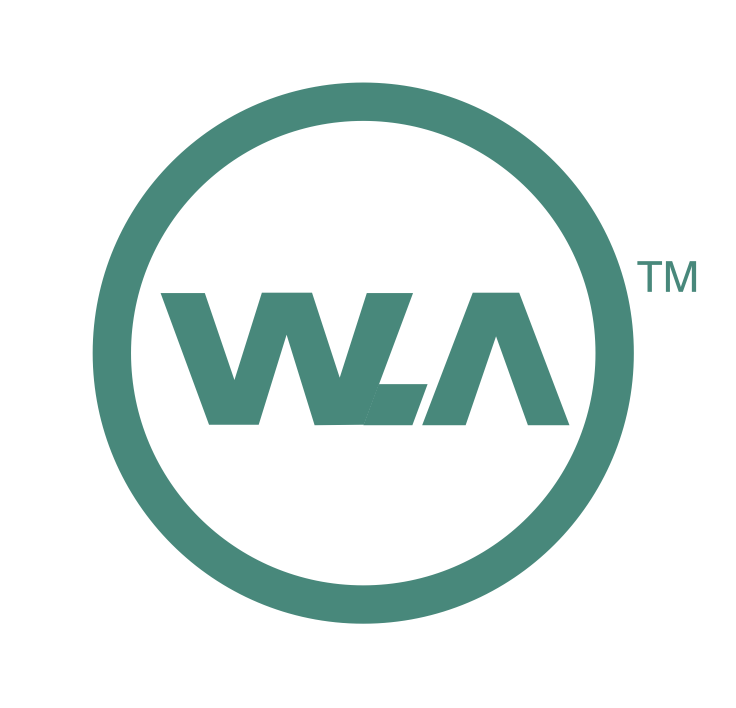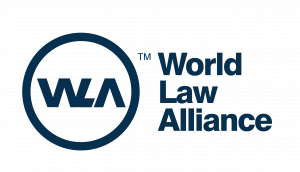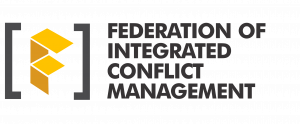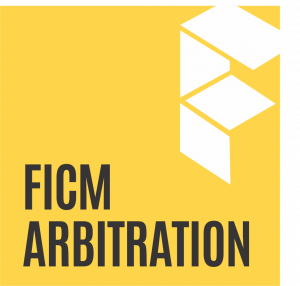Businesses are continuing to globalize and confront more-sophisticated technological, regulatory, economic and environmental demands (to name just a few). As a result, their problems have become even more volatile, uncertain, complex and ambiguous.
Most of their problems transcend traditional practice areas and disciplinary silos, and crisscross geographies and jurisdictions.
Together these two trends – increased specialization and a growing complexity in client issues – create a demand for lawyers who are not only technical experts in their own particular domain but also lawyers who can collaborate with others around the world, to solve multifaceted problems.
Most firms have lawyers trained as subject-matter specialists. Because most top-tier law firms understand that their clients increasingly expect each of their lawyers to be the foremost expert in a specific domain, firms have fostered expertise specialization by creating narrowly defined practice areas and by rewarding professionals for developing reputations in precise niches.
The collective expertise has therefore become distributed across people, places and practice groups.
Consequently, tackling client problems that transcend practice areas and disciplinary silos seriously challenges traditional models of law firm structure and ways of doing business. To keep up, law firms and lawyers have to collaborate across their boundaries in order to address clients’ most complex issues.
The growing complexity of legal work – work that is increasingly cross-practice and multi-jurisdictional in nature – requires lawyers to collaborate across expertise and organizational boundaries. Data shows that when lawyers do work across specialties, their firms earn higher margins, clients are more loyal, and individual lawyers are able to charge more for the work that they do.
Collaboration defined
What is collaboration? True multidisciplinary collaboration requires people to combine their perspectives and expertise and tailor them to the clients’ needs such that the outcome is more than the sum of the participating individuals’ knowledge.
Collaboration occurs when knowledge workers integrate their individual expertise in order to deliver high-quality outcomes on complex issues.
These relationships extend over time and across projects as the participants identify new approaches and initiate further engagements. In addition to offering up their expertise, these professionals also help, advise, stimulate and counterbalance one another. By truly collaborating, a team of lawyers is able to address issues that none could tackle individually.
- Practice groups and industry sector teams. Leaders and members of these groups come from all over the globe. Each group operates with a dedicated website;
- Global virtual meetings so members in the region also have a chance to work closely with members from every other part of the globe;
- Focused staff support. WLA marketing and business development team develops and help members implement action plans that are specifically focused on engaging with other members across the world to benefit clients;
- Thought leadership. through the practice group and industry sector teams, our members collaborate to create useful information for clients with business interests in the region;
- Regional conferences that bring members together to strategize collaborative business development and innovative ways to help their clients;











